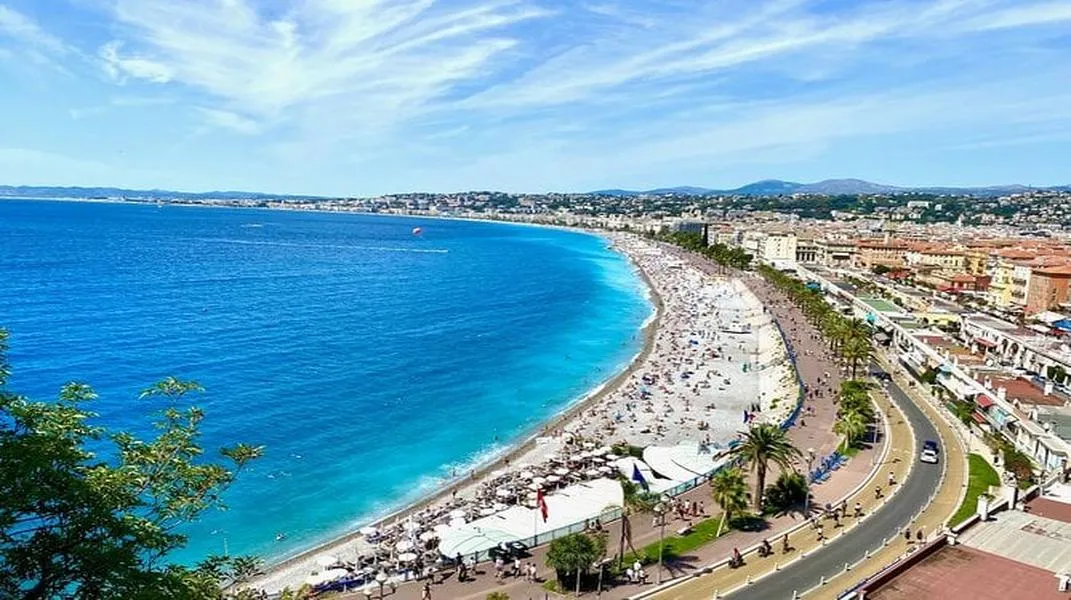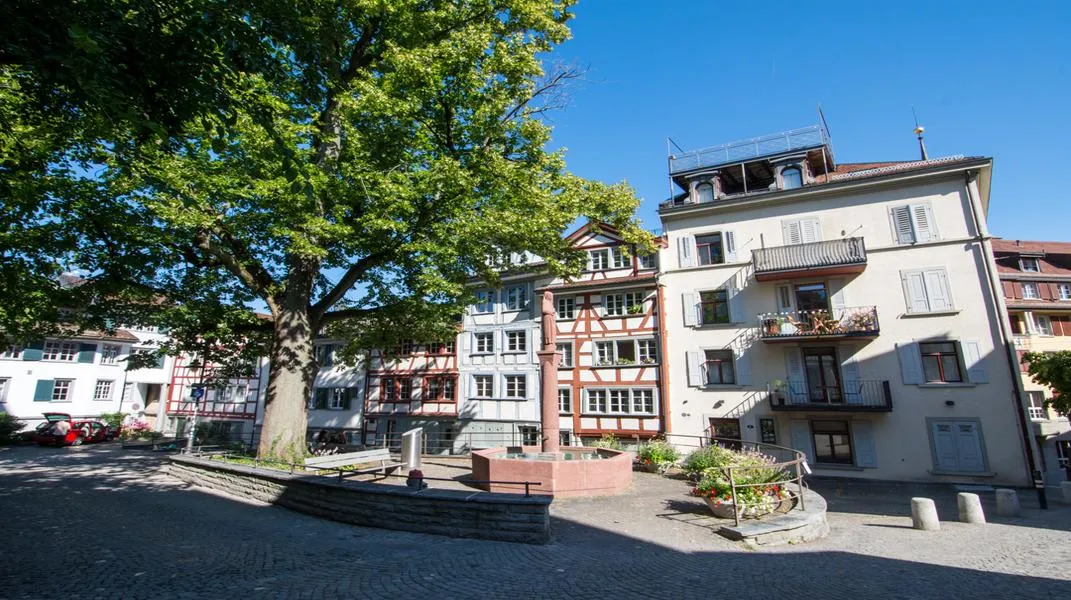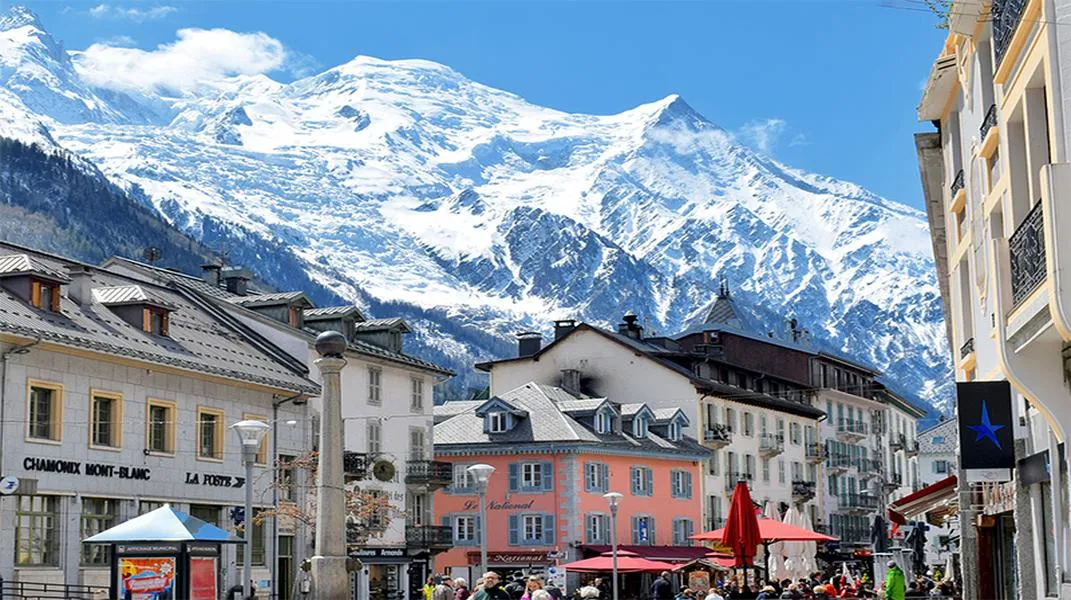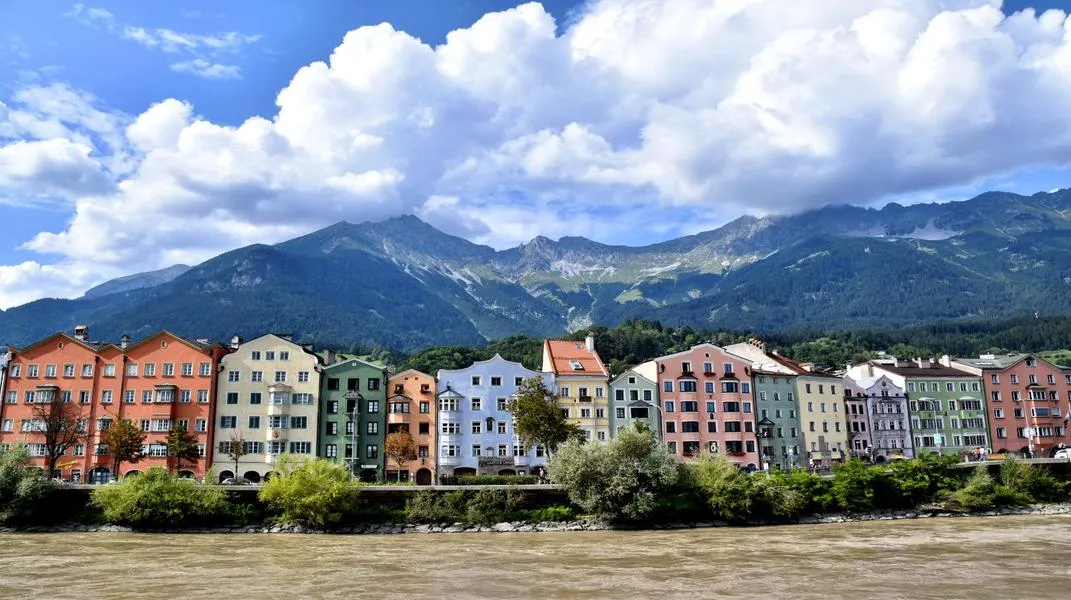Exploring Lake Geneva: A Jewel of the Swiss Alps
Nestled at the foot of the majestic Alps, Lake Geneva (Lac Léman) is one of the largest and most picturesque lakes in Western Europe. Spanning both Switzerland and France, this stunning body of water is not only a natural wonder but also a cultural and historical treasure. With its serene blue waters, surrounding vineyards, charming towns, and vibrant cities, Lake Geneva has something to offer every type of traveler. Whether you are looking for outdoor adventures, culinary experiences, or cultural exploration, this article will guide you through everything you need to know for a memorable visit to Lake Geneva.
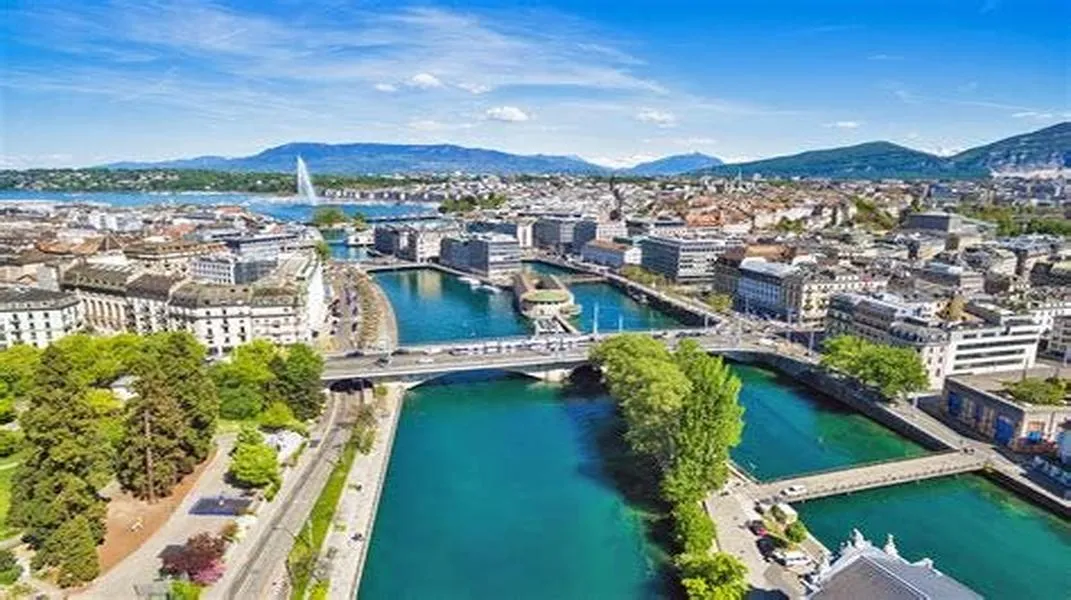
A Brief Overview of Lake Geneva
Lake Geneva is approximately 73 kilometers (45 miles) long and up to 14 kilometers (8.7 miles) wide, bordered by the Swiss cantons of Geneva, Vaud, and Valais, as well as the French Haute-Savoie region. The lake is fed by the Rhône River and is renowned for its stunning views, with the Alps providing a dramatic backdrop.
The region around Lake Geneva is rich in history, with ancient castles, charming villages, and world-class vineyards. The lake itself is dotted with several charming towns and cities, each offering its own unique character and attractions. From the bustling streets of Geneva to the quaint village of Montreux, the region is a must-visit for anyone seeking a blend of nature, culture, and relaxation.
Key Attractions Around Lake Geneva
-
Geneva
As the largest city on the shores of Lake Geneva, Geneva is a cosmopolitan hub known for its international organizations, including the United Nations and the Red Cross. Visitors can explore the historic Old Town, where they will find the stunning St. Pierre Cathedral and the charming Place du Bourg-de-Four. The Jet d'Eau, a monumental fountain that shoots water 140 meters into the sky, is an iconic symbol of the city.
-
Montreux
Famous for its annual jazz festival, Montreux is a picturesque town that captivates visitors with its beautiful lakeside promenade, lined with palm trees and flowers. The nearby Château de Chillon, a medieval castle perched on the shores of the lake, is a must-visit, offering breathtaking views and fascinating history. The town also serves as a gateway to the stunning Lavaux vineyards, which are UNESCO World Heritage Sites.
-
Lausanne
Home to the Olympic Museum, Lausanne is a vibrant city that blends history with modernity. Stroll through the cobbled streets of the Old Town, visit the Olympic Museum, and enjoy panoramic views of the lake from the Cathedral of Notre-Dame. The city is also known for its vibrant nightlife, excellent dining options, and rich cultural scene.
-
Evian-les-Bains
Located on the French side of the lake, Evian is famous for its mineral water and spa resorts. Visitors can take a relaxing walk along the lakeside promenade, explore the town's Belle Époque architecture, and visit the Evian Thermal Spa for rejuvenating treatments.
-
Yvoire
This medieval village is a hidden gem on the French side of the lake, known for its charming narrow streets, flower-filled gardens, and stunning views of the lake. Yvoire is often referred to as one of the most beautiful villages in France. Don't miss the Jardin des Cinq Sens (Garden of the Five Senses), which offers a sensory experience of sights, smells, and textures.
-
Vineyards of Lavaux
The terraced vineyards of Lavaux stretch along the northern shores of Lake Geneva and are famous for producing high-quality wines, particularly the white wine made from the Chasselas grape. Visitors can take a leisurely hike or bike ride through the vineyards, stopping at various wineries for tastings and to enjoy the breathtaking scenery.
Planning Your Visit
To make the most of your visit to Lake Geneva, careful planning is essential. Here’s a comprehensive guide on what to prepare before you embark on your journey.
1. Travel Documents
Ensure your travel documents are in order, including:
- A valid passport or identity card (if traveling from within the Schengen Area).
- If required, a visa for Switzerland or France.
2. Transportation
- Getting There: Lake Geneva is easily accessible by air, with Geneva International Airport being the primary gateway. From the airport, you can take a train or shuttle to various towns around the lake.
- Public Transport: The region has an excellent public transport system, including trains, trams, and boats. Purchasing a Swiss Travel Pass can provide unlimited travel on the network and discounts on many attractions.
3. Accommodation
Consider your preferences and budget when selecting accommodation. Options range from luxury hotels and charming bed-and-breakfasts to hostels and campsites. Popular areas to stay include Geneva, Montreux, and Lausanne.
4. Clothing and Gear
The weather around Lake Geneva can vary significantly depending on the season:
- Summer (June to August): Expect warm temperatures. Pack lightweight clothing, a hat, sunglasses, and sunscreen. Comfortable walking shoes are a must for exploring.
- Autumn (September to November): The weather can be unpredictable, so layering is essential. Bring a light jacket and a raincoat.
- Winter (December to February): If you plan to ski in the nearby Alps, pack winter clothing, including thermal layers, waterproof jackets, and snow boots.
- Spring (March to May): Similar to autumn, layering is important. Bring a light jacket and comfortable shoes for walking.
5. Essentials to Pack
- Daypack: A small backpack for day trips to carry essentials.
- Water Bottle: Stay hydrated while exploring.
- Camera: Capture the stunning scenery and memorable moments.
- Guidebook or Map: While smartphones are handy, having a physical map or guidebook can be useful in areas with limited reception.
- Snacks: Bring some snacks for hikes or boat rides, especially if you have dietary restrictions.
6. Activities and Itinerary
Consider how you want to spend your time at Lake Geneva. Here are a few activity ideas:
- Boat Cruises: Take a scenic cruise on the lake to enjoy the stunning views from the water. Companies like CGN operate regular services between towns.
- Wine Tasting: Explore the Lavaux vineyards and enjoy wine tastings at local wineries.
- Hiking and Cycling: There are numerous trails around the lake suitable for hiking and biking. The trail from Montreux to Chillon Castle is particularly scenic.
- Cultural Visits: Plan visits to museums, historical sites, and local markets to immerse yourself in the culture of the region.
7. Local Cuisine
While in the Lake Geneva region, be sure to indulge in local culinary delights. Some must-try dishes include:
- Rösti: A Swiss potato dish, similar to hash browns, often served with cheese or herbs.
- Fondue: Melted cheese served with bread for dipping, perfect for colder months.
- Raclette: Another cheese dish featuring melted cheese scraped off a wheel onto potatoes, pickles, and meats.
- Local Wines: Don't miss the opportunity to taste wines from the Lavaux vineyards, particularly white wines made from the Chasselas grape.
8. Language
While French is the primary language spoken in the French part of Lake Geneva, and both French and German are spoken in the Swiss region, many people in the hospitality industry speak English. However, learning a few basic phrases in French can enrich your experience.
Conclusion
Lake Geneva is a destination that truly has it all: natural beauty, rich culture, delicious cuisine, and endless activities. Whether you are wandering the cobbled streets of Yvoire, sipping wine in the Lavaux vineyards, or taking in the views from the shores of Montreux, you will be captivated by the charm of this region.
With some careful planning and preparation, your visit to Lake Geneva can be an unforgettable experience filled with adventure, relaxation, and exploration. So pack your bags, grab your camera, and get ready to discover one of the most beautiful lake regions in the world!

